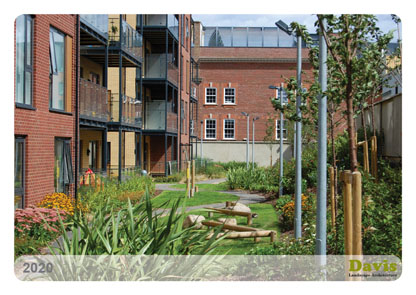Position: Full to partial sun
Soil: well drained soil
Flowering period: Summer and autumn
Eventual Height: 1.5m
Eventual Spread: 1m
Hardiness: 3a, 3b, 4a, 4b, 5a, 5b, 6a, 6b, 7a, 7b, 8a, 8b, 9a, 9b
Family: Asteraceae
Heliopsis helianthoides is a herbaceous perennial with an upright habit. Its leaves are coarsely toothed, narrowly oval mid green leaves. Its flowers are hermaphroditic, terminal, yellow to orange and daisy like in appearance.
Heliopsis helianthoides, commonly known as the False Sunflower or Oxeye, is native to central and eastern United States of America.
Heliopsis is derived from the Greek word for ‘sun’, with helianthoides being a Latinised word meaning ‘like a sunflower’.
Heliopsis helianthoides may be useful to the landscape architect in an informal prairie scheme or as part of a mixed planting scheme. It is also useful for its drought tolerance and as part of a scheme to attract wildlife. If grown in nutrient rich soils this plant may put on too much vegetative growth and flop over.
The Royal Horticultural Society have given the varieties Heliopsis helianthoides var. scabra ‘Benzinggold’, ‘Light of Loddon’, ‘Sonnenglut’, ‘Spitzentänzerin’ and ‘Waterperry Gold’ their prestigious Award of Garden Merit in 2001 and ‘Goldgefieder’ in 1993.
Heliopsis helianthoides will tolerate almost any soil conditions; it will be happy at acid, neutral or alkaline pH levels, in loam, chalk, clay or sand based soils, and prefers an east, west or south facing, exposed or sheltered aspect.
Ecologically, Heliopsis helianthoides will attract many species of pollinating insects such as honey bees and butterflies.
Heliopsis helianthoides requires little to no maintenance. Large clumps may be divided in early spring.






Leave a comment